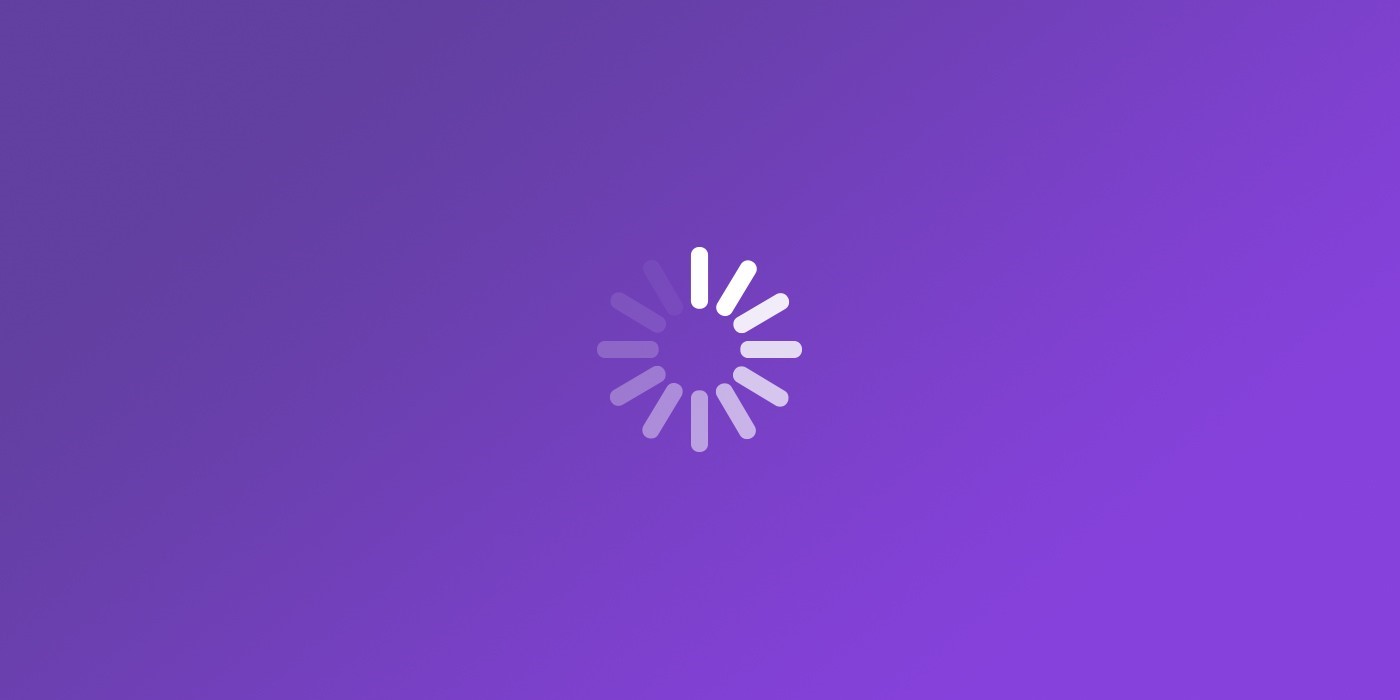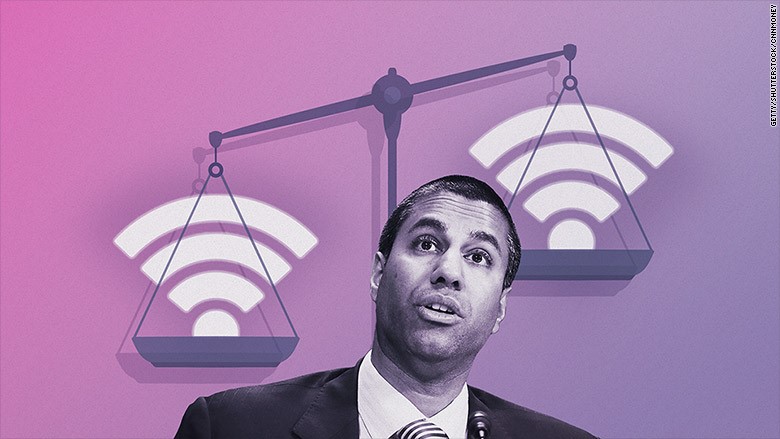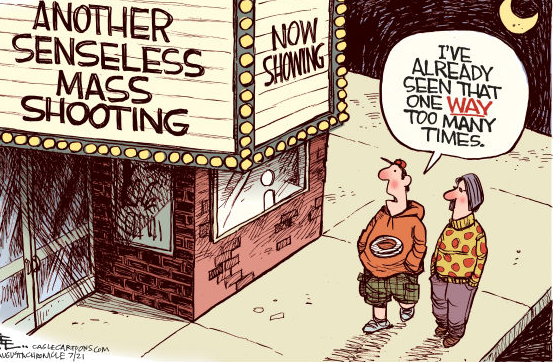The End of the Internet as We Know It?
The U.S. Federal Communications Commission, also referred to as the FCC, is planning on removing regulations that safeguard equal access to the Internet. “Net neutrality”,…
The U.S. Federal Communications Commission, also referred to as the FCC, is planning on removing regulations that safeguard equal access to the Internet. “Net neutrality”, legislation passed in February 2015, also provides a way for Internet providers big or small to have equal access to consumers worldwide according to The New York Times.

Since the outbreak of this news, numerous petitions have surfaced all over the web in order to prevent the repeal of these regulations. Most notable is BattleForTheNet which directly writes a generic letter to Congress urging them to stop the plan from being implemented and encourages people to attend protests for the cause. It also provides information on what net neutrality is, why it matters, and how to contact your local Congressman.
Former FCC Chairman Tom Wheeler, a firm supporter of net neutrality, led the movement for it to be passed nearly three years ago. His successor and former Verizon lawyer Ajit Pai, has been a vocal critic of the move even while serving under Wheeler, vowing to come back to these regulations if and when he would come into power.
According to Fortune.com, “The regulations classify broadband access as a telecommunications service, which subjects it to ‘common carrier’ provisions that bar Internet service providers from discriminating against how broadband is used.” This essentially means that these rules were put in place in order to prevent big businesses from charging consumers extra for faster internet speeds and forcing them to view advertisements longer.

Not only will getting rid of these regulations mean more unnecessary spending for internet users, but it also hurts smaller businesses trying to compete with larger internet providing corporations like Comcast, Verizon, and AT&T. With less competition among businesses comes higher prices that consumers are forced to pay because they have less options to choose from.
Although this move has the support of companies like Verizon and AT&T, well-known social media platforms have made their stance on the issue very clear: the end of these regulations will be the downfall of the Internet. Facebook, Twitter, and Snapchat, among other companies, argued that the move “will create significant uncertainty in the market and upset the careful balance that has led to the current virtuous circle of innovation in the broadband ecosystem.” In addition, it will remove restrictions that prevent internet service providers from blocking users’ access to their competitor’s websites as well as charging fees to websites and apps.
Some consumers, however, are not freaking out over this potential move. In an op-ed Ken Engelhart writes, “there’s still competition: Some markets may have just one cable provider, but phone companies offer increasingly comparable internet access — so if the cable provider slowed down or blocked some sites, the phone company could soak up the affected customers simply by promising not to do so.”

Think of the situation like a buffet: in the first scenario, you pay once and can pick out anything you want at no additional charge. In other words, once you pay you have access to anything the buffet offers. That’s the scenario with net neutrality. In the second buffet you still pay first, but for most of the food there are extra fees and charges, remembering that you could’ve gotten the same food at no additional cost at the first buffet. That’s the scenario if net neutrality is repealed.
Arguments against the repeal, according to ScientificAmerican.com, also claim that this would be an infringement on people’s First Amendment rights, specifically freedom of speech. With the ability to block out competitors as well as having to pay for faster internet speed, companies have the power to censor information that is rightfully owed to the general public.
The FCC plans to vote today, December 14th.
By: Almaz Abedje
Disclaimer: The views, opinions and positions expressed by the authors and those providing comments, opinions on this website are theirs alone, and do not necessarily reflect the views, opinions or positions of M-Lifestyle and their affiliates. M-Lifestyle does not claim ownership of any images used, unless otherwise specified.
![]()






